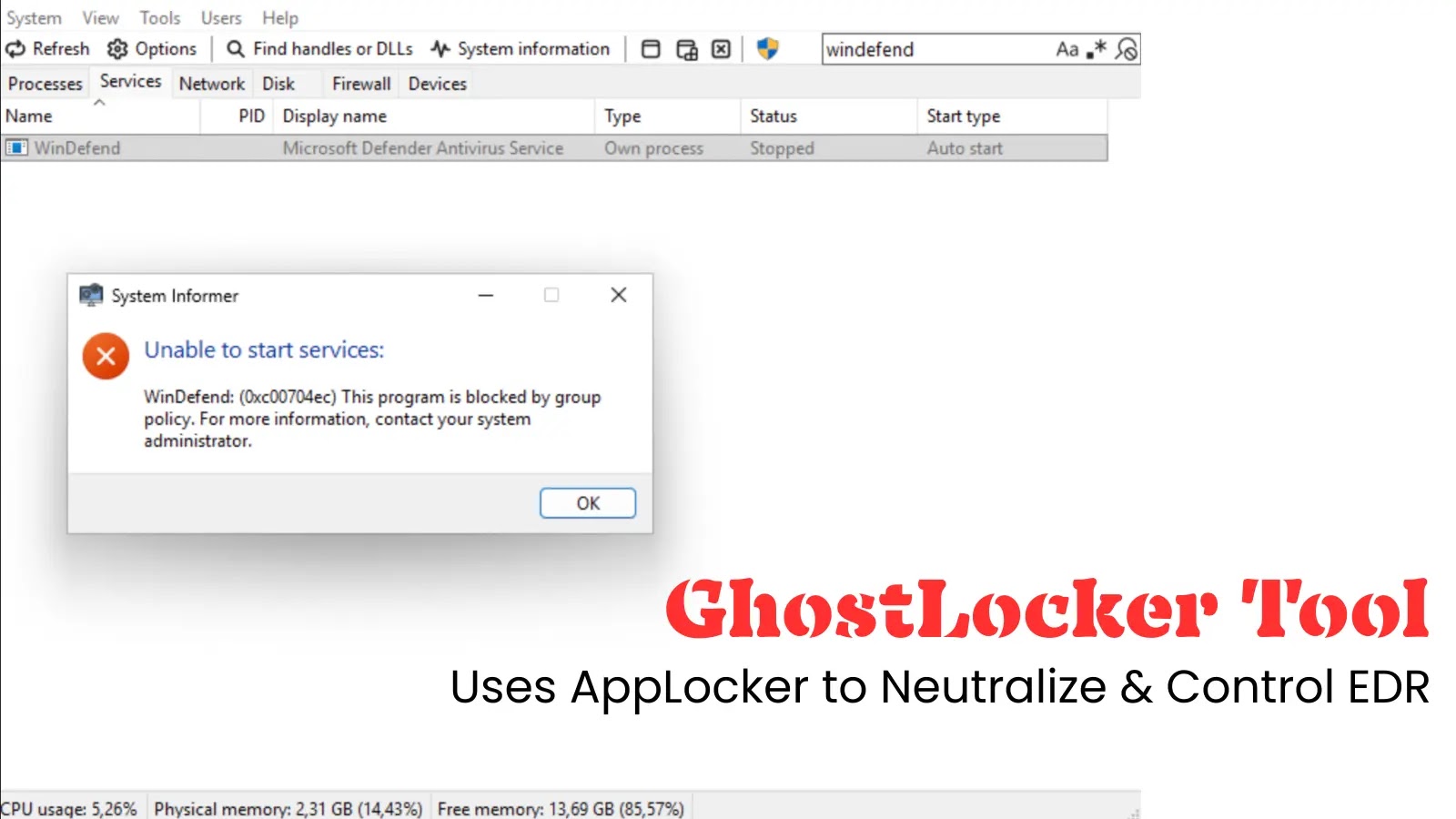On August 19, 2025, Mozilla unveiled Firefox 142, a pivotal update designed to rectify multiple high-severity security vulnerabilities that could permit attackers to execute arbitrary code remotely on compromised systems. This release underscores Mozilla’s commitment to fortifying user security by addressing nine distinct vulnerabilities, including sandbox escapes and memory safety flaws, several of which are classified as high-impact threats capable of facilitating remote code execution (RCE).
Key Highlights:
1. Comprehensive Patch Deployment: Firefox 142 addresses nine vulnerabilities, mitigating risks associated with remote code execution and sandbox escapes.
2. Exploitation Mechanisms: Attackers could exploit these vulnerabilities through memory corruption and security bypass techniques, potentially compromising user systems.
3. Urgent Update Recommendation: Users are strongly advised to upgrade to Firefox 142 immediately to safeguard against potential remote attacks.
In-Depth Analysis of Critical Vulnerabilities:
– CVE-2025-9179: Sandbox Escape in Audio/Video GMP Component
Security researcher Oskar identified a critical flaw within the Gecko Media Plugin (GMP) component, responsible for handling encrypted media content. This vulnerability allows memory corruption within the heavily sandboxed GMP process, potentially enabling attackers to escalate privileges beyond standard content process restrictions.
– CVE-2025-9180: Same-Origin Policy Bypass in Graphics Canvas2D Component
Discovered by researcher Tom Van Goethem, this vulnerability undermines the fundamental web security model by allowing malicious websites to access sensitive data from other domains, thereby bypassing the same-origin policy.
– Memory Safety Vulnerabilities Leading to RCE
Mozilla’s security team, including researchers Andy Leiserson, Maurice Dauer, Sebastian Hengst, and the Mozilla Fuzzing Team, identified several memory safety vulnerabilities:
– CVE-2025-9187: Affects Firefox 141 and Thunderbird 141.
– CVE-2025-9184: Impacts Firefox ESR 140.1, Thunderbird ESR 140.1, Firefox 141, and Thunderbird 141.
– CVE-2025-9185: Affects multiple Extended Support Release (ESR) versions, including Firefox ESR 115.26, 128.13, and 140.1, alongside their Thunderbird counterparts.
These vulnerabilities present clear evidence of exploitability for arbitrary code execution, posing significant risks to users.
– CVE-2025-9181: Uninitialized Memory in JavaScript Engine Component
Reported by Irvan Kurniawan, this moderate-severity issue involves uninitialized memory within the JavaScript Engine component, potentially leading to unpredictable behavior or crashes.
– Additional Lower-Severity Issues
Other vulnerabilities addressed include address bar spoofing (CVE-2025-9183) and denial-of-service conditions in the WebRender graphics component (CVE-2025-9182), both classified as low-severity.
Detailed Vulnerability Table:
| CVE ID | Title | Severity |
|——————|———————————————————————–|———-|
| CVE-2025-9179 | Sandbox escape due to invalid pointer in Audio/Video GMP component | High |
| CVE-2025-9180 | Same-origin policy bypass in Graphics Canvas2D component | High |
| CVE-2025-9181 | Uninitialized memory in JavaScript Engine component | Moderate |
| CVE-2025-9182 | Denial-of-service due to out-of-memory in Graphics WebRender component| Low |
| CVE-2025-9183 | Spoofing issue in Address Bar component | Low |
| CVE-2025-9184 | Memory safety bugs in Firefox ESR 140.2/Thunderbird ESR 140.2/Firefox 142/Thunderbird 142 | High |
| CVE-2025-9185 | Memory safety bugs in multiple ESR versions and Firefox 142/Thunderbird 142 | High |
| CVE-2025-9186 | Spoofing issue in Address Bar component of Firefox Focus for Android | Low |
| CVE-2025-9187 | Memory safety bugs in Firefox 142 and Thunderbird 142 | High |
Mitigation Strategies:
To effectively mitigate these critical security risks, both organizations and individual users must prioritize immediate updates to Firefox 142. The memory safety vulnerabilities are particularly concerning for enterprise environments, as they affect both standard Firefox releases and ESR versions commonly deployed in corporate settings.
Recommended Actions:
1. Prompt Update Implementation: Ensure that all systems running Firefox are updated to version 142 without delay to close off potential attack vectors.
2. Adopt Defense-in-Depth Strategies: Implement comprehensive security measures, including network segmentation, endpoint detection and response (EDR) solutions, and application sandboxing technologies, to limit the impact of potential exploits.
3. Enhance Process Isolation Mechanisms: The GMP sandbox escape vulnerability highlights the importance of robust process isolation. Strengthening these mechanisms can prevent attackers from escalating privileges within the system.
Conclusion:
Mozilla’s coordinated disclosure timeline and comprehensive patch coverage across multiple product branches demonstrate effective vulnerability management practices. However, the discovery of memory corruption issues with RCE potential emphasizes the ongoing security challenges in modern browser architecture, particularly within complex media processing and graphics rendering subsystems that handle untrusted content from diverse web sources.
By promptly updating to Firefox 142 and implementing robust security measures, users can significantly reduce the risk of exploitation and ensure a safer browsing experience.



